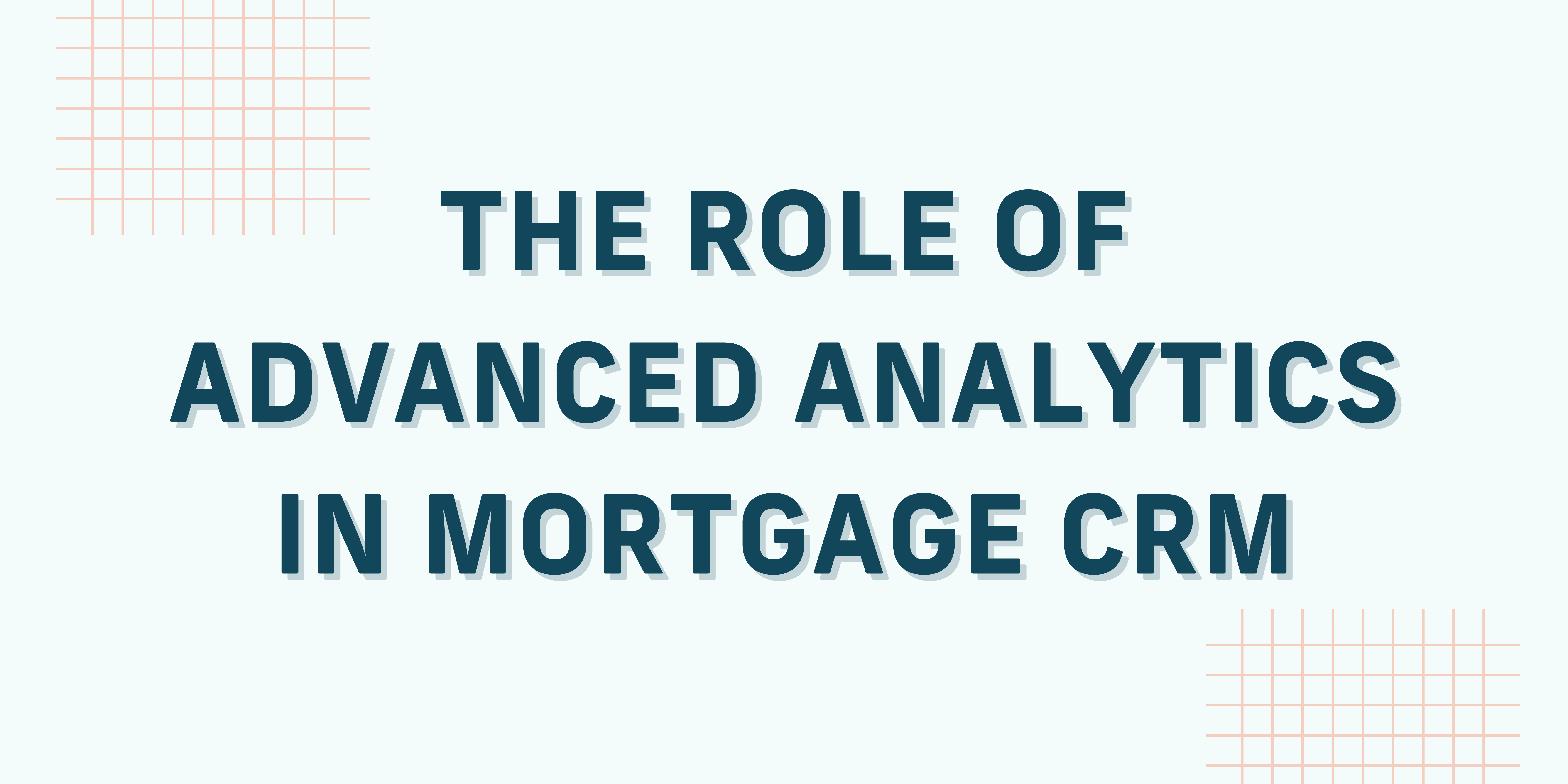The Role of Advanced Analytics in Mortgage Customer Relationship Management
Understanding customer behavior is essential for lenders to deliver personalized and targeted experiences. This is where mortgage customer relationship management (CRM) systems, empowered by advanced analytics, play a crucial role. Let’s explore how mortgage CRMs leverage advanced analytics to provide lenders with valuable insights into customer behavior, enabling them to enhance their customer relationships and drive business growth.
Understanding Borrower Behavior
Mortgage CRMs equipped with advanced analytics enable lenders to gain a deeper understanding of borrower behavior. By analyzing vast amounts of data, such as borrower demographics, loan application history, credit scores, and social media interactions, CRMs can help lenders identify patterns and trends that reveal borrower preferences and needs.
For instance, by using advanced analytics, a CRM can identify common characteristics and behaviors among borrowers who have successfully closed loans in the past. This information can then be used to create ideal borrower profiles for targeted marketing campaigns. Lenders can tailor their messages and offers to specific borrower segments, increasing the likelihood of engagement and conversion.
Predictive Analytics for Smarter Decision-Making
Mortgage CRMs with advanced analytics capabilities can also leverage predictive modeling to help lenders make smarter decisions. Predictive analytics algorithms analyze historical data to identify patterns and predict future outcomes. For example, a CRM can analyze borrower data to identify factors that contribute to loan defaults or early repayment. With this information, lenders can adjust their underwriting guidelines, risk models, or customer retention strategies to minimize risk and increase profitability.
In addition, predictive analytics can help identify cross-selling or upselling opportunities. By analyzing the data of borrowers who have taken additional financial products, such as insurance or investment accounts, lenders can identify patterns that indicate a higher likelihood of upselling success. This enables lenders to target the right borrowers with personalized offers, increasing revenue potential.
Enhancing Customer Experiences
Personalization is key to delivering exceptional customer experiences, and advanced analytics can play a significant role in achieving this. By understanding borrower behavior, preferences, and needs through advanced analytics, lenders can provide personalized recommendations, relevant content, and tailored offers to borrowers.
For instance, a CRM with advanced analytics can analyze a borrower’s financial goals and past loan application history to identify the most suitable loan options. The CRM can then automatically present these options to the borrower, saving time for both the borrower and the lender. This level of personalization demonstrates a deeper understanding of the borrower’s needs and enhances the overall customer experience.
Optimizing Marketing and Sales Efforts
Advanced analytics also helps lenders optimize their marketing and sales efforts by providing insights into the effectiveness of different channels, campaigns, and messaging. A mortgage CRM with advanced analytics capabilities can track and analyze the performance of various marketing campaigns, such as email marketing, social media ads, or direct mail campaigns. By measuring key performance indicators, such as conversion rates, click-through rates, and engagement levels, lenders can identify the most effective marketing strategies and allocate resources accordingly.
Moreover, advanced analytics can help lenders identify potential leads from data sources such as website visits, online form submissions, or social media interactions. By segmenting and scoring leads based on their behavior and engagement, lenders can prioritize their efforts and focus on the most promising prospects. This targeted approach improves efficiency and increases the likelihood of converting leads into borrowers.
In conclusion, advanced analytics plays a vital role in mortgage CRMs by helping lenders gain valuable insights into customer behavior. By leveraging these insights, lenders can deliver personalized and targeted experiences to borrowers, enhance customer relationships, and drive business growth. As the mortgage industry continues to evolve, mortgage CRMs equipped with advanced analytics capabilities will be essential for lenders to stay competitive and meet the changing demands of borrowers.




